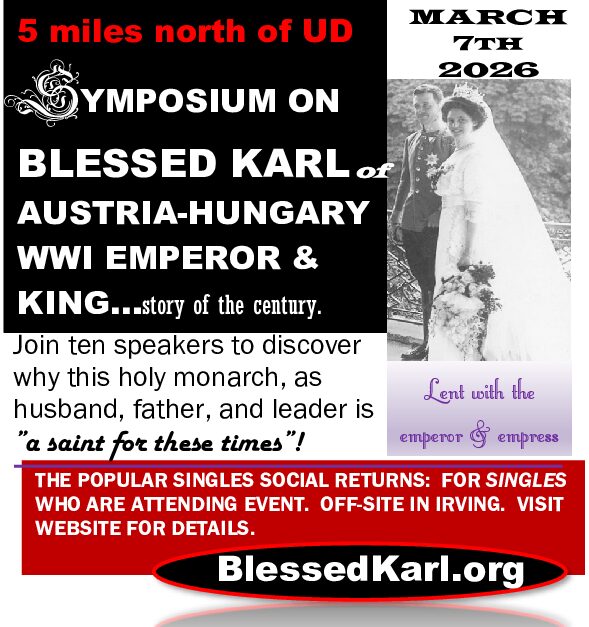Parker’s heart is in the right place. To my mind, the most profound feature of the Marvel Cinematic Universe’s “Spider-Man” trilogy is Parker’s ethical journey. He perseveres through an extraordinary amount of suffering. He helps his friends and family because his double life inconveniences them. But that sense of responsibility and compassion must be put to the test.
Spider-Man has a no-kill rule, like Batman and Superman (of DC fame). Peter Parker does not kill. He has many motivations for adopting this moral precept. With this, we see some stark contrast with other heroes in modern popular culture.
Spider-Man is the first member of the MCU who maintains this rule. Captain America kills. He is a soldier, a patriot and a veteran. He believes that sometimes, in order to protect those whom he loves or the values he holds dear, he must kill. Iron Man makes a distinction between civilian and combatant and does his best to protect the former, but does not hesitate to pull the trigger against the latter. Black Widow and Hawkeye – assassin and super spy – we see the picture.
Consider a particular scene near the end of “Spider-Man: Homecoming.” After Stark’s plane crashes on the beach, the Vulture moves to steal away with the loot. Spider-Man notices that his wingsuit malfunctions and may explode. He warns the Vulture, but he does not listen. Instead, he crashes down in a fiery spit. How does Parker react? He hustles into the flames to pull out Vulture’s body, now burnt and wounded. Parker saves his enemy’s life. Here, we witness something remarkable. The hero risks his own life in order to preserve the man who, moments earlier, threatened to kill him in cold blood.
“With great power comes great responsibility.” In the third movie, Aunt May’s advice becomes SpiderMan’s modus operandi—his heroic principle. What constitutes that responsibility? Or, what does it mean to call it great? Consider the proportion at the heart of the statement. The strength of one’s power corresponds to the immensity of one’s responsibility. Because one has been graced with incredible power, one takes on incredible responsibility. The hero, insofar as he is a hero, seeks justice. The superhero, insofar as he is super, seeks something higher.
This moral code demands that the hero put all others before himself. The will to sacrifice means the will to sacrifice for anyone. The best heroes do so without a second thought. Their parents, their mentors and their loved ones instill in them a duty beyond the self. This seed grows into a habit over time and with practice. It is not enlightened self-interest which guides Spider-Man. It is not some abstract understanding. Rather, it is the concrete and real virtue that he carries within him – to save those who cannot (or will not) save themselves.
During the climax of “No Way Home,” Parker loses his Aunt May at the hands of Green Goblin. Through this tragedy, Peter’s struggle is made manifest. Before his eyes, this maniac murders the woman who raised him, cared for him and sought to help the unfortunate – including Norman himself. It is Aunt May who calls Peter to a transcendent standard. She appeals to his ethical self when Norman comes to FEAST (the homeless shelter that May manages) in search of help. Her advice reads: “We help people. That’s what we do.” Peter’s particular calling means that the help he offers should be of the highest caliber.
Peter must respond to this claim from Goblin: “No good deed goes unpunished.” In the hero’s life, this is the burden which he must bear, and in the end, which he chooses to bear. Parker becomes Spider-Man only when he recognizes the true cost of heroism. He sacrifices and suffers for the well-being of all his neighbors. He even prioritizes the good of those who wish him ill – especially when he must make grave sacrifice(s) in order to help them. This habit grounds his no-kill rule and characterizes him as one of the greatest heroes in modern popular culture.
Bearing the duty to care for and to protect not only one’s own, but one’s enemies as well, is a trademark Christian notion. Spider-Man, Superman and Batman all have no-kill rules, and they are the best-selling comic book characters ever. I believe this notion of mercy – a radical love grounded in self sacrifice – has some small part to play in their popularity. Spider-Man upholds the dignity and safety of each and every neighbor, most notably his enemies.
The three “Spider-Man” installments provide fun-filled, exhilarating and cathartic movie-going experiences. While their flaws occasionally detract and the storytelling can feel formulaic, the emotional pay-offs are more than enough to earn our attention and affection. Above all, Spider-Man challenges normative understandings of right and wrong in an especially entertaining fashion.

